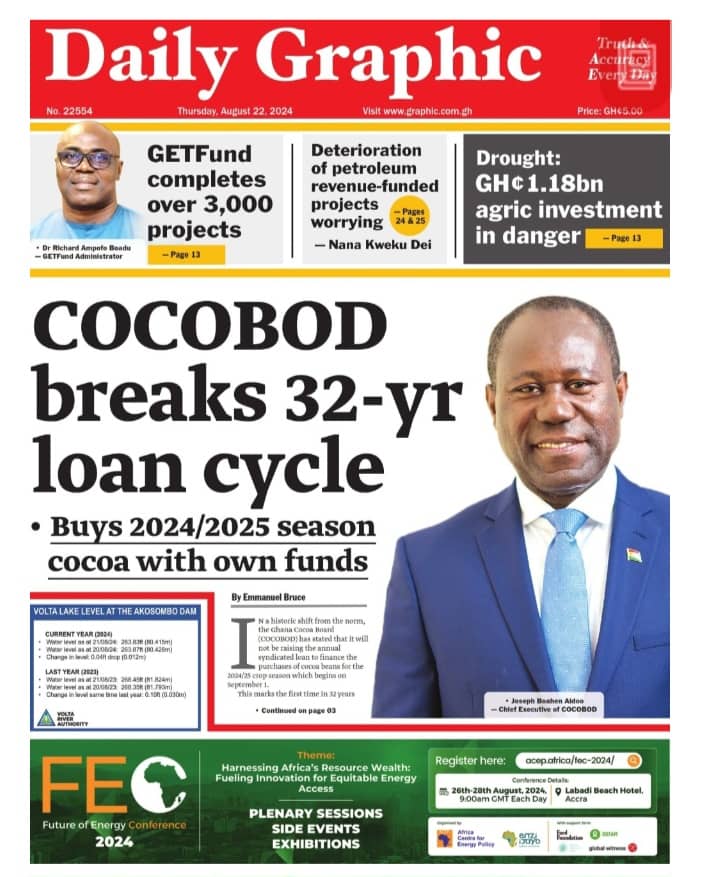A report of the Standing Orders Committee on the review of the standing orders of Parliament was finalised on June 23, 2023.
It covers a total of forty-one subject areas and proposes major changes to the way Parliament plans to conduct business going forward. The proposed changes are bold and impressive. If adopted and implemented successfully, I sincerely believe it holds promise for Parliament as an institution. I do however anticipate some challenges too.
Proposed Changes
A stronger Parliament. It is not uncommon to hear public comments about how weak parliament is in comparison to the executive arm of government. This is partly due to the design of the constitution.
I do not reject the “strong executive-weak Parliament” argument in its entirety. Constitutional powers are necessary for strength but not sufficient. They have to be asserted and be met with little to no challenges from other co-equal branches of government.
The executive, in my opinion, is only as strong as Parliament “allows” it to be. The proposed changes, especially with the powers given to some of the new committees, will strengthen Parliament as an institution and the role it is designed to play in our constitutional set up as a co-equal branch of government.
Greater oversight
In Afrobarometer, the percentage of Ghanaians who say Parliament should make the laws as opposed to the president has grown from 59 per cent in 2002 to 75 per cent in 2022. The percentage of Ghanaians who say Parliament should monitor the president as opposed to letting him freely bypass Parliament has grown from 66 per cent in 2008 to 82 per cent in 2022.
At the same time, the percentage of Ghanaians who say that the president often or always ignores parliament has grown from eight per cent in 2012 to 33 per cent in 2022. If the presidency is the symbol of the executive arm of government, then there is demand for oversight and constraints on its powers.
There is also a feeling among Ghanaians that Parliament is unable to restrain the executive. The new changes, especially with the establishment of new committees such as budget and independent constitutional bodies, and the reconfiguration of the appointments committee will help ensure greater oversight of the executive.
Some sittings of parliament are already held in public. The recommendation is to have all committee sittings, for the purpose of taking evidence, held in public. There is a qualifying statement that says, “unless otherwise determined by the committee”.
It is my hope that committees will always choose public sittings. The perceptions of Parliament as captured by the Afrobarometer survey is not positive.
Offering greater transparency can help Parliament reap the benefits of an improved image in the eyes of Ghanaians.
Strong minority party
It is unusual to see a strong role for a minority party when it comes to committees in a legislative body. The default is always a majority party ensuring not just numerical strength but also chairing all committees. I was surprised to read the recommendation to have committees such as appointments and budget chaired by a minority party. This is a sweeping change which improves the say a minority party has on matters such as presidential appointments to the executive or on fiscal policy.
The Challenges
Partisanship – The proposed changes gives a minority party important committees to chair. A minority party in Parliament is more likely to subject a ruling government to scrutiny than a majority party. This is true if both government and majority party belong to the same political party. However, any keen observer of Ghanaian politics will agree that our partisan edges have become sharper and life in the 8th Parliament, given the equal strength of the two major parties, has exacerbated those sharpened partisan edges. Under these new changes, a minority party will need to be careful of partisanship overreach so as not to cause political gridlock.
Shield of majority
It is rare to see a majority party in Parliament abandon the ruling government especially when it is the same political party. While these changes offer hope for a stronger Parliament, I remain concerned that party discipline and loyalty may still let a majority party offer a shield to its ruling government counterpart in the executive under the guise of pushing back against minority party overreach.
There will be some resistance, I suspect, on the proposed new committee for independent constitutional bodies. These bodies are independent for good reasons.
However, there is the need to balance independence with the need for oversight. I do not believe that independence means insulation from oversight and accountability.
Good luck, Parliament!
The writer is a fellow at the Ghana Centre for Democratic Development (CDD-Ghana)
Source: GraphicOnline






